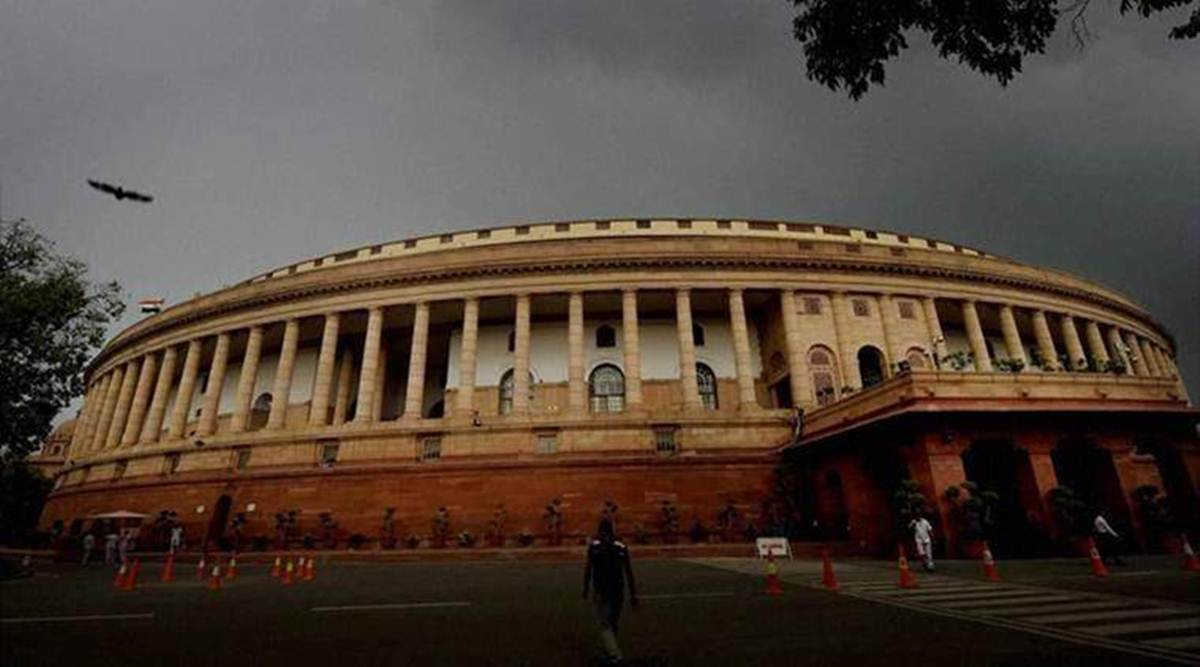
The Centre sought to disallow in the Rajya Sabha, a question seeking details on whether the government entered into a contract with Israeli cybersecurity firm NSO Group, at the centre of a global controversy over the misuse of its Pegasus spyware to hack phones of journalists, activists and politicians, stating that “the ongoing issue of Pegasus” is subjudice after “several PILs have been filed in the Supreme Court,”
The Centre wrote to the Rajya Sabha secretariat earlier this week seeking that a “Provisionally Admitted Question”(PAQ) asked by CPI (M) MP Binoy Viswam scheduled to be answered on August 12 in the upper house, not be allowed.
“I have been informed informally that my question was disallowed but I am yet to get a formal response… the Government is misusing Rajya Sabha rules and taking an alien stand on truth. They must face questions on the issue of the Pegasus,” said Viswam.
With the subject “Government of India MoU with Foreign Companies,” he submitted a “Provisionally Admitted Question” (PAQ) to HT. “Will the Minister of External Affairs be pleased to state (a) the number of MoUs Government has entered into with foreign companies, the details sector-by-sector; (b) whether any of these MoUs with foreign companies has been in order to curb terror activities through cyber security, the details of the same; and (c) whether Government has entered into an MoU with NSO Group in order to curtail terror activities through cyber security, the details of the same?”, asked Viswam.
“It should be noted that Parts (a) to (c) of PAQ seek to know about the ongoing issue of Pegasus owned by NSO Group,” the Centre wrote in a letter to the Rajya Sabha secretariat, requesting that the question not be allowed. Several PILs have been filed in the Supreme Court on this issue, making it a hot topic.”
“An admitted question “shall not ask for information on a matter which is under adjudication by a court of law having jurisdiction in any part of India,” according to Rule 47 (xix) of the Rules of Procedure and Conduct of the Council of States (Rajya Sabha), which deals with admissibility of questions.
The admissibility of notice given by Members in respect of questions in the Rajya Sabha is governed by Rules 47-50 of the Rules and Procedure and Conduct of the Council of States, according to the Rajya Sabha website (Rajya Sabha). The following are the conditions for a question to be admissible under Rule 47 sub section ( xix): “It shall not ask for information on a matter which is under adjudication by a court of law having jurisdiction in any part of India.”
“It is mentioned in rule 47, sub rule 2 that matters that are subjudice are not admitted in the house,” said RS secretariat media advisor to the chairman AA Rao.
The Pegasus controversy erupted on July 18 when an international investigative consortium reported that the phones of Indian ministers, politicians, activists, businessmen, and journalists were among the 50,000 numbers from around the world that could have been hacked by the Israeli company NSO Group’s phone hacking software. NSO claims that its software is only sold to government agencies. The Indian government has neither confirmed nor denied using Pegasus, and any illegal surveillance has been ruled out.
“There have been occasions when the speaker decided that if the matter is of great public interest, even if it is subjudice, the House can discuss it… there is no external pressure on the house,” PDT Acharya, a former Lok Sabha general secretary, said. The house imposed the restriction on itself, and this position has evolved over time… the term “subjudice” has lost a lot of its rigour. The House has always been liberal, and they consider what is important and in the public interest.” “You can’t apply the rule uniformly to all subjudice matters. There should be a debate in the house if the public interest requires it.”
“Questions submitted by MPs go through two levels of scrutiny to check that they comply with the rules of Parliament. First, the parliament secretariat makes sure that the questions that MPs are raising conform with the parliamentary guidelines. The ministry answering the question also checks the adherence to rules for the questions…,” said Chakshu Roy, head of Outreach, PRS Legislative Research. “In the budget session, out of the 330,00 questions that MPs submitted, approximately 2,000, that is about 6%, were disallowed.”





